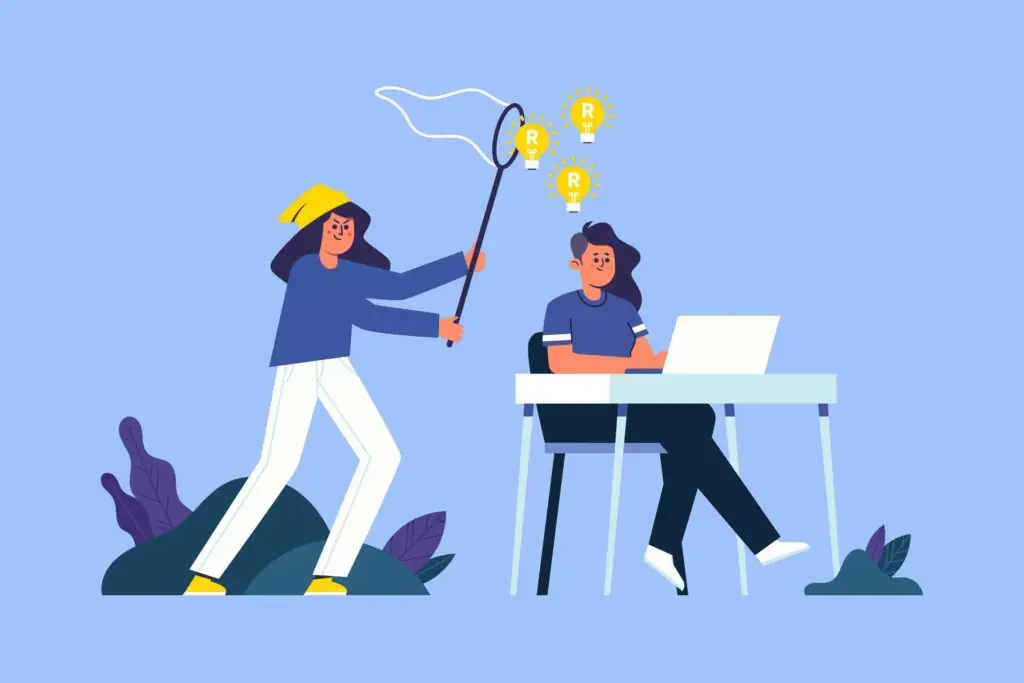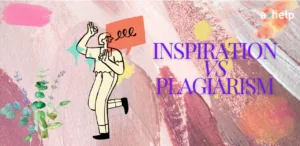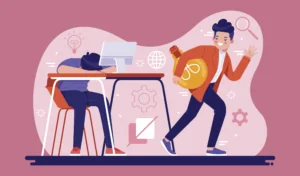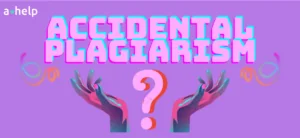Plagiarism, a complex issue pervasive across academic, creative, and professional domains, includes more than just the verbatim reproduction of someone else’s work. It extends to the unauthorized use of ideas, concepts, or expressions without proper attribution. This complex concept not only involves textual content but also includes images, ideas, and even data. Its implications transcend mere legality, penetrating the ethical core of intellectual integrity, casting shadows on originality, and diluting the authenticity of creative and scholarly endeavors. Understanding the nuances of plagiarism is crucial in upholding the pillars of honesty and integrity across various spheres of human expression and knowledge dissemination.

✅ AI Essay Writer ✅ AI Detector ✅ Plagchecker ✅ Paraphraser
✅ Summarizer ✅ Citation Generator
Legal Definitions and Distinctions
Law addresses plagiarism within a framework distinct from copyright infringement. Plagiarism, primarily an ethical transgression, involves the unauthorized use or appropriation of another person’s work, passing it off as one’s own without proper attribution. It focuses on the act of misrepresentation and intellectual dishonesty rather than ownership rights.
Conversely, copyright infringement pertains to the violation of an author’s exclusive rights, such as copying, distributing, or using protected work without permission. While plagiarism is often dealt with in academic and ethical contexts, copyright infringement is subject to legal repercussions, entailing potential civil or criminal liabilities. Understanding these nuanced legal definitions helps to differentiate between ethical misconduct and breaches of intellectual property rights, essential in both academic and legal spheres.

Ramifications of Plagiarism Across Domains
Plagiarism exerts divergent consequences across academic, professional, and legal domains. Within educational institutions, academic repercussions range from failing grades, academic probation, to even expulsion, tarnishing a student’s academic record. In the professional world, the impact extends to careers and reputations.
Professionals found guilty of plagiarism may face damaged credibility, jeopardized job prospects, or even termination. Moreover, in legal terms, the consequences shift towards potential lawsuits, with penalties including fines, injunctions, and in severe cases, criminal charges. This multifaceted fallout underlines the gravity of plagiarism, signaling not only ethical lapses but also potential career setbacks and legal entanglements, emphasizing the necessity of upholding integrity and originality in all spheres of intellectual work.
| Domain | Consequences |
|---|---|
| Academic | Failing grades, probation, expulsion |
| Professional | Credibility damage, job loss, reputational harm |
| Legal | Fines, injunctions, potential criminal charges |
Prevention Strategies Against Plagiarism
Preventing plagiarism necessitates multifaceted approaches encompassing tools, education, and cultural shifts. Robust software tools and strategies aid in detection, flagging suspicious content and helping writers to avoid unintentional plagiarism. Alongside these tools, consider:
- Citation Management: Introduce citation techniques and tools to ensure proper attribution.
- Critical Thinking Development: Foster critical thinking skills to encourage original thought and analysis.
- Ethical Writing Practices: Teach and emphasize the importance of ethical writing and sourcing.
Educational initiatives play a pivotal role, introducing citation techniques, fostering critical thinking, and imparting ethical writing practices to students and professionals.
However, the key to prevention lies in cultivating a culture valuing originality and integrity. Encouraging attribution, celebrating diverse voices, and emphasizing the significance of authentic contributions within academic and professional circles foster an environment where original work thrives. The amalgamation of these tools, educational endeavors, and a cultural shift toward honoring individual contributions acts as a bulwark against the inadvertent and deliberate proliferation of plagiarism, fortifying the foundations of ethical and original creation.
Overall, upholding originality and integrity remains vital, necessitating a shift toward responsible practices and a culture valuing intellectual property. Emphasizing the significance of proper attribution, integrity in research and creation, and fostering an environment where original work is celebrated not only safeguards against plagiarism but also fortifies the foundations of a robust and ethical academic and professional landscape.
FAQ
Follow us on Reddit for more insights and updates.





Comments (0)
Welcome to A*Help comments!
We’re all about debate and discussion at A*Help.
We value the diverse opinions of users, so you may find points of view that you don’t agree with. And that’s cool. However, there are certain things we’re not OK with: attempts to manipulate our data in any way, for example, or the posting of discriminative, offensive, hateful, or disparaging material.